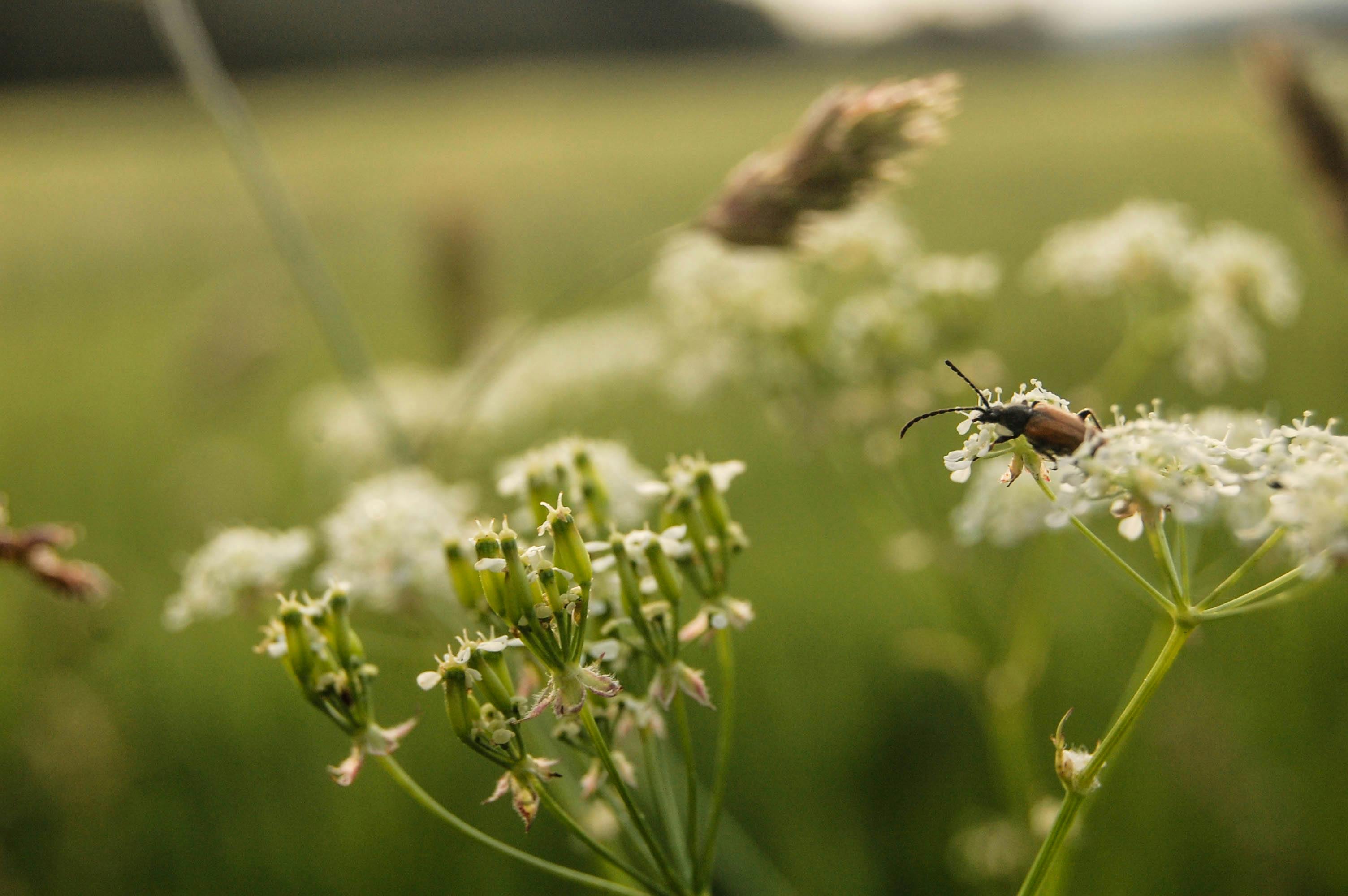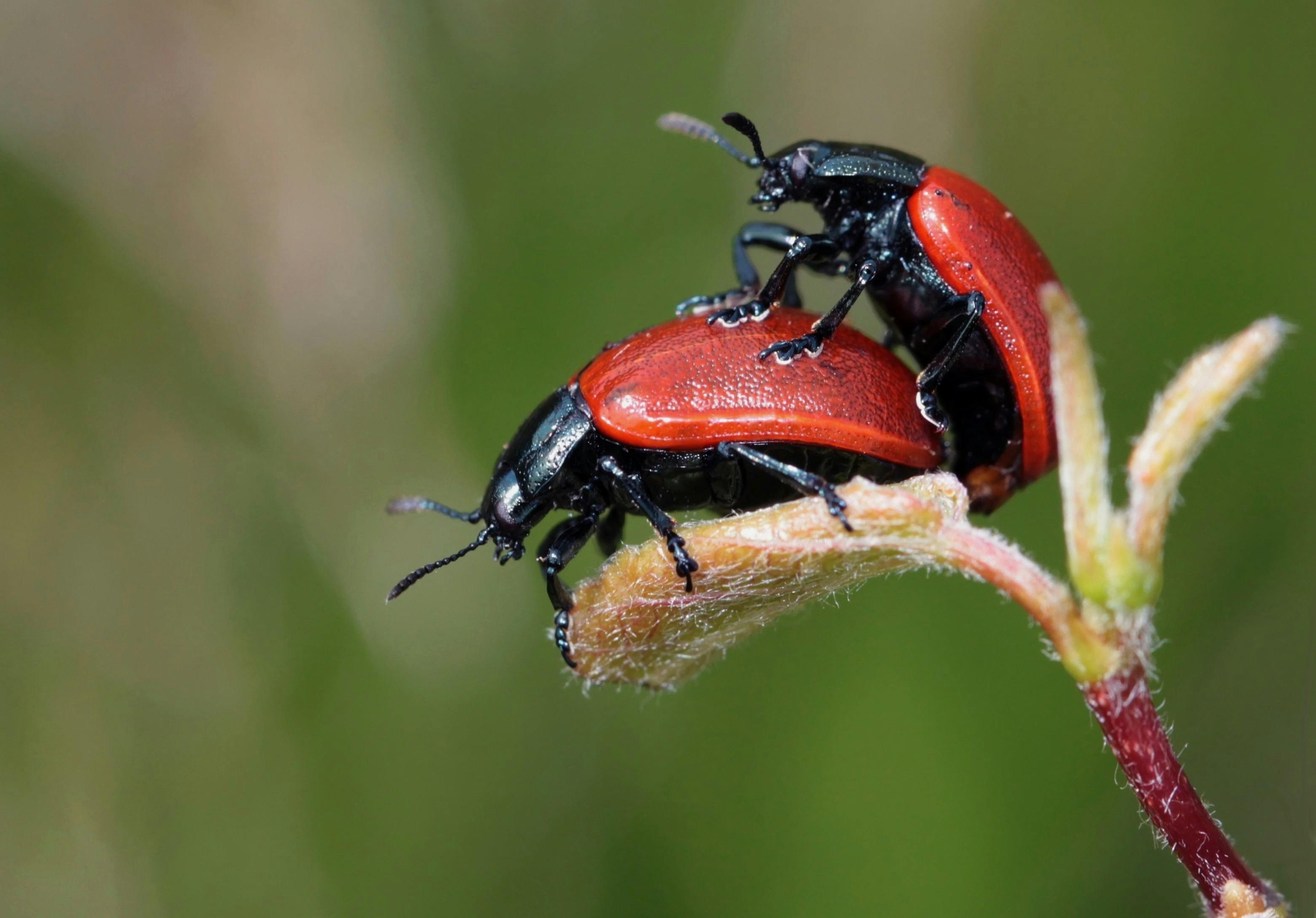Cucumber beetles are a common pest of vegetable gardens, and many gardeners are looking for ways to repel them naturally. Plants can be used as natural repellents to keep cucumber beetles away from vegetables, flowers, and other plants. In this article, we will discuss the various plants that can be used to repel cucumber beetles and how they work.Certain plants can be used to repel cucumber beetles, such as catnip, tansy, radish, and garlic. Planting these around your garden can help keep cucumber beetles away from your plants. Additionally, you can use floating row covers or insect netting to protect your plants from cucumber beetle infestation.
Natural Enemies of Cucumber Beetles
Cucumber beetles are a destructive pest that can cause significant damage to cucurbit crops, such as cucumbers, squash, and melons. Thankfully, there are several natural enemies of cucumber beetles that can help to reduce their population in the garden. Parasitic wasps are one of the most effective natural enemies of cucumber beetles, as they lay their eggs inside the body of the beetle larvae. When the eggs hatch, the wasp larvae feed on the beetle larvae until they mature and emerge from the host. Ladybugs are also an effective predator of cucumber beetles: both adults and larvae feed on their eggs and larvae. Ground beetles are also adept at preying on cucumber beetle larvae, as well as other insect pests. Finally, certain species of birds such as swallows and sparrows have been observed feeding on adult cucumber beetles.
These natural enemies can help to protect your crops from damage caused by cucumber beetles; however, it is important to remember that they will only be effective if you maintain a healthy population in your garden. This means avoiding or minimizing use of chemical pesticides that can kill off beneficial insects such as parasitic wasps or ladybugs. Additionally, providing a habitat that attracts beneficial insects and birds can help to support their populations in your garden. This could include leaving some areas of your garden wild or planting flowering plants to provide nectar food sources for beneficial insects and birds.
Types of Plants that Repel Cucumber Beetles
Cucumber beetles are a family of beetles that can harm your plants. They feed on the foliage and stems of various plants, including cucumbers, squash, and melons. To protect your garden from these pests, you can plant certain types of plants that repel cucumber beetles. Some of these include marigolds, nasturtiums, radishes, garlic, tansy, and catnip.
Marigolds are bright yellow-orange flowers that have a strong scent that cucumber beetles find unpleasant. This makes them an ideal choice for repelling cucumber beetles from your garden. Nasturtiums are also good at deterring cucumber beetles. The leaves and flowers have a peppery taste and smell that the beetles do not enjoy.
Radishes are another great choice for repelling cucumber beetles from your garden. Radishes have a strong smell and flavor that the beetles find unappealing. Garlic is another natural pest repellent for cucumber beetles. Planting garlic cloves or sprays around your garden can help to keep away these pests.
Tansy is a perennial herb with bright yellow flowers and an aromatic scent. This scent repels many types of insects including cucumber beetles. Catnip is another effective way to keep away these pests from your garden as it contains nepetalactone which is an insect repellent compound.
These plants can help to keep away cucumber beetles from your garden without having to use chemical pesticides or other dangerous products. Planting them in strategic locations around your garden can help to create a barrier against unwanted pests while also providing attractive color and texture to your landscape
How to Plant to Repel Cucumber Beetles
Cucumber beetles are destructive pests that can wreak havoc on your garden. Fortunately, there are some plants that can help you repel these pests. Planting a variety of these plants around your garden can help keep cucumber beetles away. Some of the best plants to use for repelling cucumber beetles include marigolds, catnip, garlic, and tansy.
Marigolds contain pyrethrins, which are natural insecticides that can help repel cucumber beetles. Planting marigolds around the perimeter of your garden is a great way to keep cucumber beetles away before they get close enough to do damage.
Catnip is another plant that contains pyrethrins and can be used to repel cucumber beetles. You can plant it around the perimeter of your garden or mix it in with other plants as a deterrent.
Garlic is also a great repellent for cucumber beetles. You can plant garlic cloves near vulnerable plants or mix them into the soil when planting new ones to help deter cucumber beetles from coming near them.
Tansy is an herb that has been used for centuries as an insect repellent and is especially effective against cucumber beetles. Planting tansy around the perimeter of your garden or near vulnerable plants will help keep these pests away from your crops and flowers.

The Benefits of Planting to Repel Cucumber Beetles
Cucumber beetles are a common pest in vegetable gardens and can wreak havoc on any harvest. Planting certain crops near cucumber plants can provide an effective barrier against these pesky beetles. Some of the benefits of planting to repel cucumber beetles include improved growth and protection from other pests as well.
Planting certain insect-repelling plants near cucumbers can help keep cucumber beetle populations in check. Marigolds, for instance, produce a strong smell that cucumber beetles find unappealing. This smell can help keep cucumber beetles away from the cucumbers, improving their overall growth and health.
Additionally, planting certain crops around your cucumbers can act as a sort of shield against other potential pests that may be attracted to the area. For example, planting marigolds or other flowering plants around your garden can attract beneficial insects like ladybugs and lacewings that prey on other garden pests like aphids and grubs that may otherwise harm your vegetables.
Furthermore, planting flowers near your cucumbers also helps attract pollinators like bees and butterflies, which will help pollinate the flowers and increase your fruit yields significantly. This is especially beneficial if you’re growing cucurbits like squash or pumpkins which require pollination for successful harvesting.
In conclusion, planting certain crops to repel cucumber beetles has many benefits for your vegetable garden. It helps improve the growth of the vegetables by keeping away pests, it provides protection against other potential pests, and it attracts pollinators that will increase fruit yields significantly.
Cucumber Beetles: Natural Home Remedies
Cucumber beetles are a common pest in gardens and can wreak havoc on your cucumbers, squash, melons, and other vegetables. These pests feed on the leaves, stems, and fruits of these plant varieties and can cause significant damage if left unchecked. Fortunately, there are several natural home remedies that can be used to control cucumber beetles in your garden.
One of the simplest home remedies for cucumber beetles is to create a barrier around the plants you’d like to protect. This can be done by using row covers or sheets of netting to keep the beetles away from your vegetables. Make sure the cover is wide enough that it will not be disturbed by wind or other animals and that it completely surrounds the plants you are trying to protect.
You can also use companion planting to help control cucumber beetle populations in your garden. Planting nasturtiums or marigolds alongside your vegetables will help repel the beetles due to their strong scent. Additionally, planting garlic or onions near these plants may also help ward off cucumber beetles as they do not enjoy the pungent smell of these vegetables.
Another effective home remedy for controlling cucumber beetles is using insecticidal soap sprays on the affected plants. These sprays contain fatty acids which will disrupt the beetle’s cell membranes and eventually kill them off when used regularly. Be sure to follow all label instructions when applying insecticidal soaps as overuse could potentially harm beneficial insects as well as the target pests.
Finally, some varieties of bees have been found to be very effective at controlling cucumber beetle populations in gardens. The bees feed on pollen from flowers near affected plants which helps reduce beetle populations naturally without causing any damage to your plants or other beneficial insects in your garden.
By employing a combination of these natural home remedies, you should be able to effectively control cucumber beetle populations in your garden without resorting to chemical pesticides that could potentially harm beneficial insects or contaminate food sources with toxins.
Organic Pest Control for Cucumber Beetles
Cucumber beetles are one of the most common pests of cucurbit crops. They can cause significant damage to the plants, resulting in reduced yields and crop loss. Organic pest control is an effective way to reduce the damage caused by cucumber beetles.
Organic pest control is a form of pest management that relies on natural methods and materials to reduce the population of pest insects. These methods include using natural predators such as ladybugs and lacewings to feed on cucumber beetle larvae, using row covers or screens to physically exclude pests from crop plants, and using beneficial nematodes or botanical insecticides to kill cucumber beetles.
Crop rotation is also important for controlling cucumber beetle populations. Planting different crops each year in different areas of the garden can help reduce build-up of pests over time, as there will be less food sources for them in subsequent years.
In addition, removing weeds from the garden can help discourage pests from taking up residence there. Keeping weed growth under control reduces potential food sources for cucumber beetles, as well as providing better air circulation and allowing more sunlight into the garden which can help promote healthier plant growth.
Finally, monitoring your plants regularly for signs of infestation is key in managing cucumber beetle populations. It’s important to detect any infestations early so that you can take steps quickly to reduce their number before they cause too much damage.
Organic pest control provides a safe and effective way to keep cucumber beetle populations under control without resorting to chemical pesticides that may harm beneficial insects or contaminate nearby water sources.

Conclusion
Plants that repel cucumber beetles are an effective way to keep these pests away from your garden. Planting a variety of aromatic herbs and flowers can help to create an unpleasant environment for the beetles, while also providing other beneficial properties to the garden. Additionally, companion planting with certain vegetables such as marigolds and garlic can help to protect cucumbers from attack. Finally, using natural remedies such as diatomaceous earth and neem oil can help to reduce the number of cucumber beetles in the garden. With a combination of these methods, it is possible to keep cucumber beetles away from your plants.
Overall, controlling cucumber beetle populations requires an integrated approach that includes preventive measures such as planting repellent plants, companion planting, and natural remedies. With a diverse array of tools at your disposal, it is possible to keep cucumber beetle populations under control and protect your crops from damage.

